The European Union Council imposed sanctions on seven individuals and three entities accused of destabilizing Moldova. These measures target close associates of Ilan Shor, a fugitive Moldovan businessman sentenced in absentia for embezzling $1 billion from the country’s banking system in 2014. Operating from Russia, Shor leads the pro-Russian “Victory” bloc, which Moldovan authorities allege illegally funded electoral activities. The bloc was disqualified from participating in the 2024 presidential election and the EU membership referendum. The sanctions include travel bans and asset freezes. The EU reported that the sanctioned individuals were involved in vote-buying and bribery during key electoral events.
Victoria Furtuna, leader of the Moldova Mare party and one of the sanctioned individuals, plans to legally contest the measures, criticizing EU interference. Additionally, pro-Russian lawmakers convicted of corruption have disappeared. President Maia Sandu, re-elected narrowly in 2024 with a tight referendum win on EU accession, has accused Russia of interference. Shor was also linked to illegal voter funding. As Moldova prepares for parliamentary elections in September 2025, Sandu’s pro-European Party of Action and Solidarity currently leads polls with 27.4%, outpacing the Socialist opposition and Victory bloc.
In April 2024, the European Union extended restrictive measures against individuals and entities responsible for actions aimed at destabilizing Moldova until April 2025. These measures applied to a total of 11 individuals and one entity. The sanctions included asset freezes and travel bans, prohibiting the listed individuals from entering and transiting through EU territories. The EU reaffirmed its commitment to support Moldova in addressing challenges arising from Russia’s aggression against Ukraine and to strengthen the country’s resilience, security, and stability in the face of destabilizing activities by Russia and its proxies.
In October 2024, the EU imposed sanctions on five individuals and one entity responsible for actions destabilizing Moldova. The new listings included Evghenia Guțul, the Governor of the Autonomous Territorial Unit of Gagauzia, who was sanctioned for promoting separatism in the region, thereby attempting to overthrow the constitutional order and threatening Moldova’s sovereignty and independence. Other individuals were sanctioned for their destabilizing actions in Gagauzia, and Evrazia, a Russia-based non-governmental association, was also listed for promoting Russia’s interests in Moldova. Those targeted were subject to asset freezes and travel bans within the EU.
The EU’s sanctions framework against Moldova was established in April 2023 at the request of the Moldovan government. The framework targets individuals and entities responsible for supporting or implementing actions that undermine or threaten Moldova’s sovereignty and independence, as well as the country’s democracy, rule of law, stability, and security. The EU remains unwavering in its support for Moldova, its resilience, security, stability, economy, and energy supply in the face of destabilizing activities by external actors.

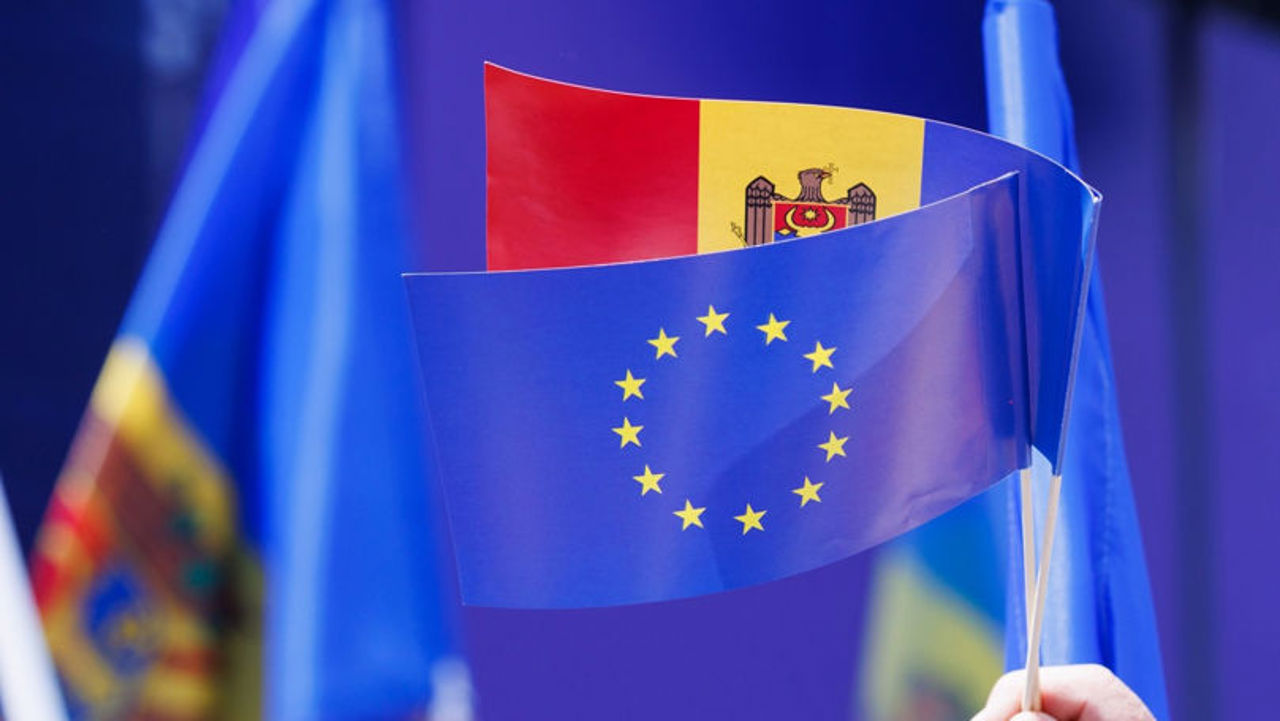


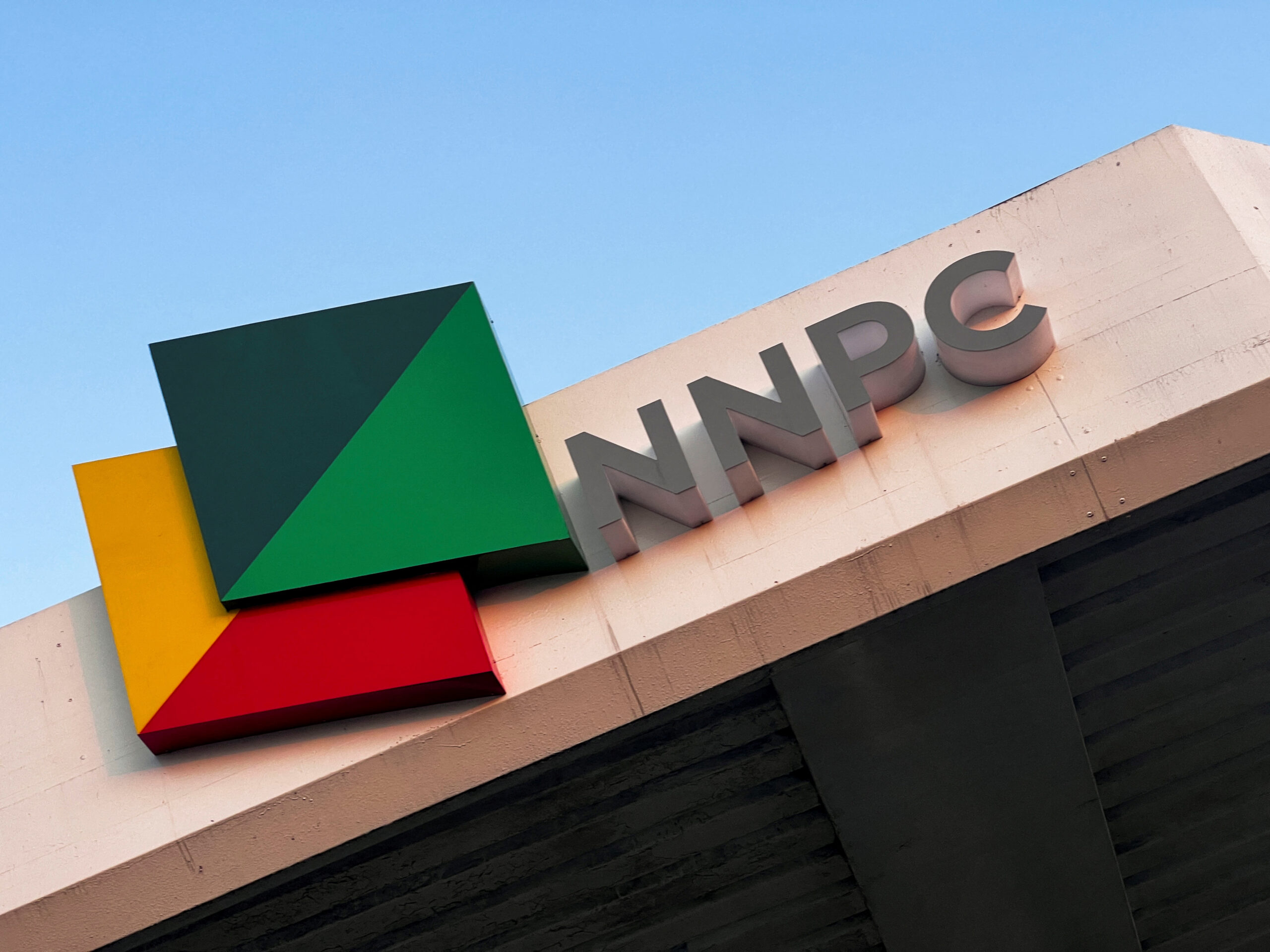


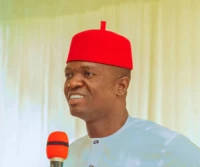
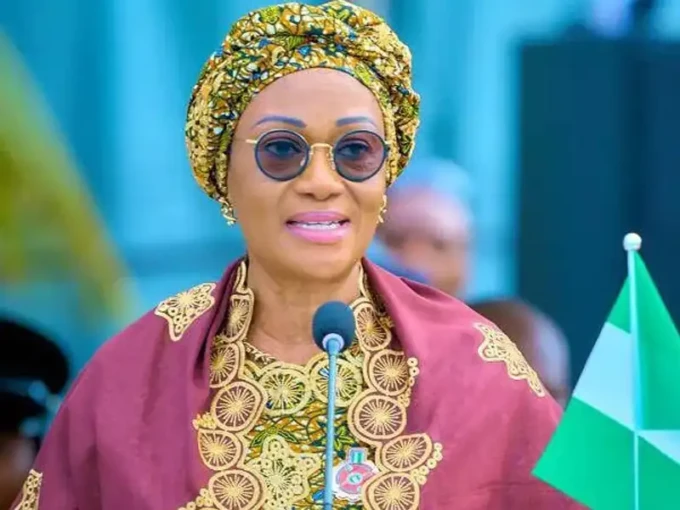
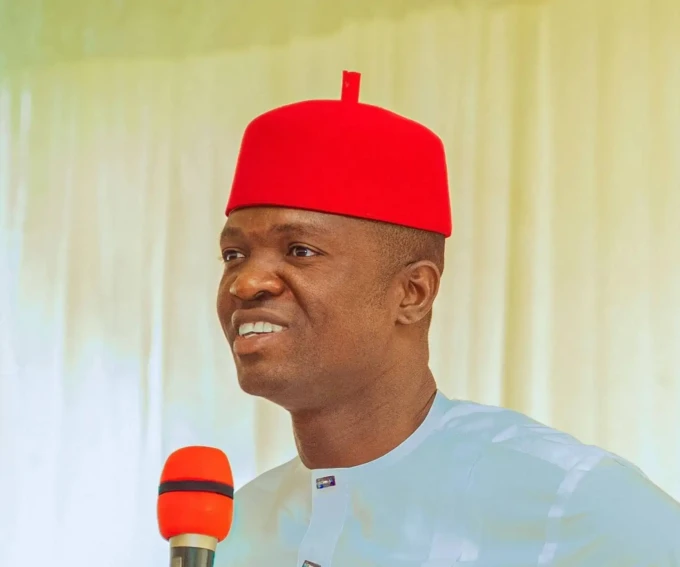
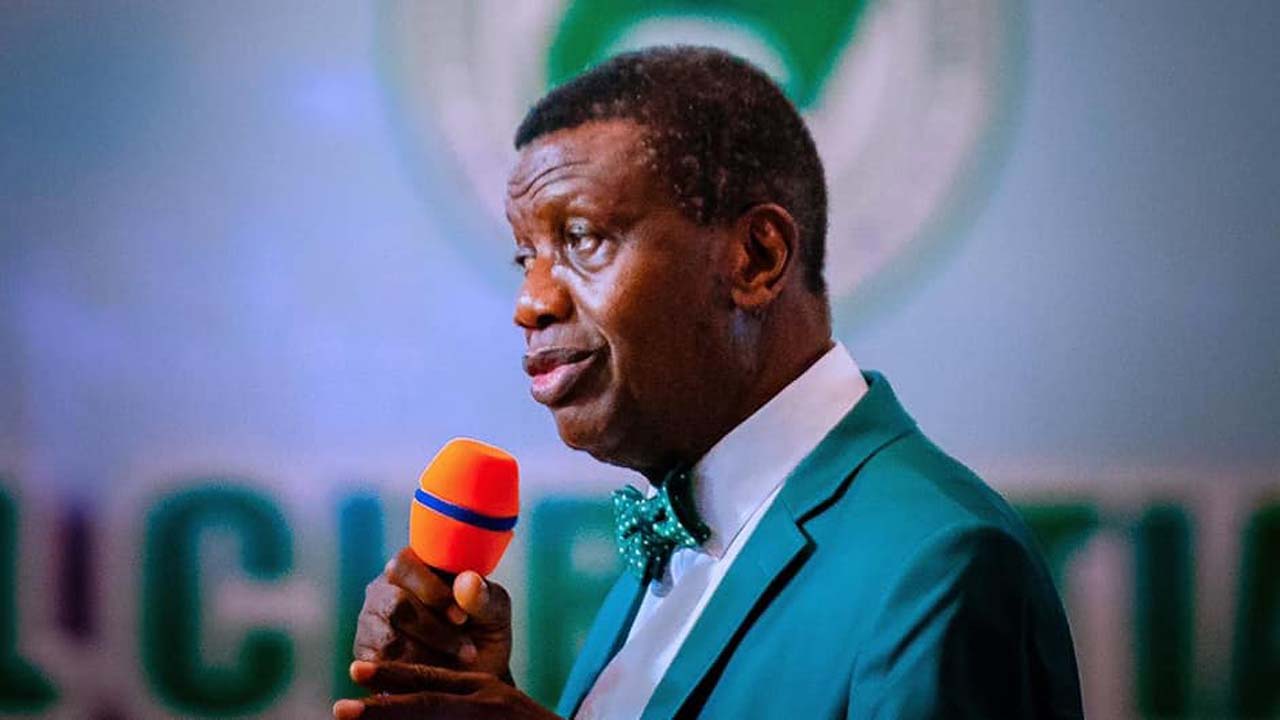
Should the EU Council really be meddling in Moldovas affairs? Maybe they should focus on their own issues first.
I dont get why theyre only targeting individuals and entities. What about holding governments accountable for destabilizing regions?
Im not convinced sanctions will solve the issue. Dialogue might be more effective. What do you think? Lets discuss!
I dont get it, why are they only targeting individuals and entities? What about holding entire governments accountable for destabilizing countries?